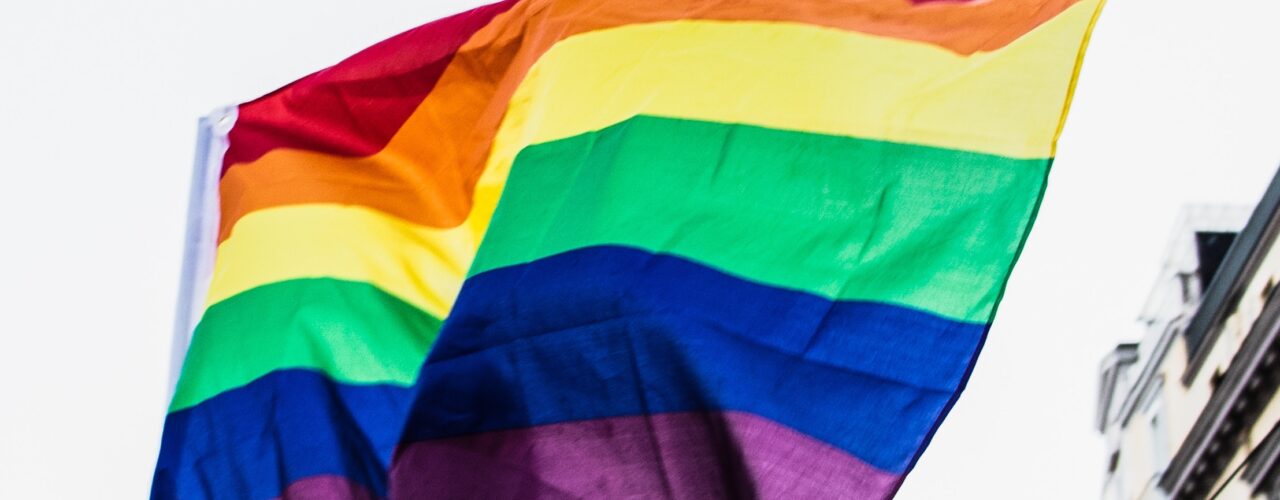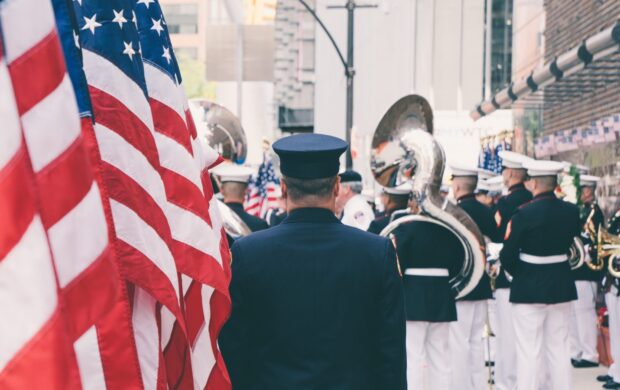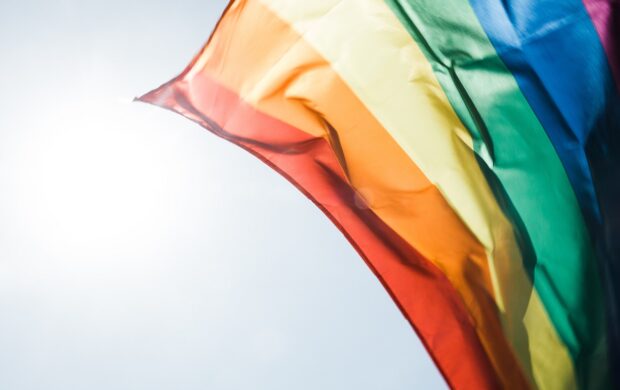In a historic ruling, the Supreme Court of India has struck down several clauses of the controversial Section 377 that criminalised consensual sex between same-sex adults, declaring it to be unconstitutional and an infringement of individual rights. In its ruling the court apologised to the LGBT community, stating that Section 377 was based on deep-rooted majoritarian impulses to subjugate a minority.

The decision marks an important milestone and a beacon of hope in a country which has seen the rise of nationalism and a strengthening of conservatism in recent years. The Chief Justice of India, Dipak Misra said, “societal morality cannot trump constitutional morality. Societal morality cannot overturn fundamental rights of even a single individual.”
However, the hindu-nationalist Rashtriya Swayamsevak Sangh (RSS), a highly influential right-wing organisation, said that, while it agrees with the Supreme Court’s ruling that homosexuality is not a crime, it still believes “same-sex relations and same-sex marriages are not natural. This is why we do not support them. The Indian tradition has never approved of these relationships.”












